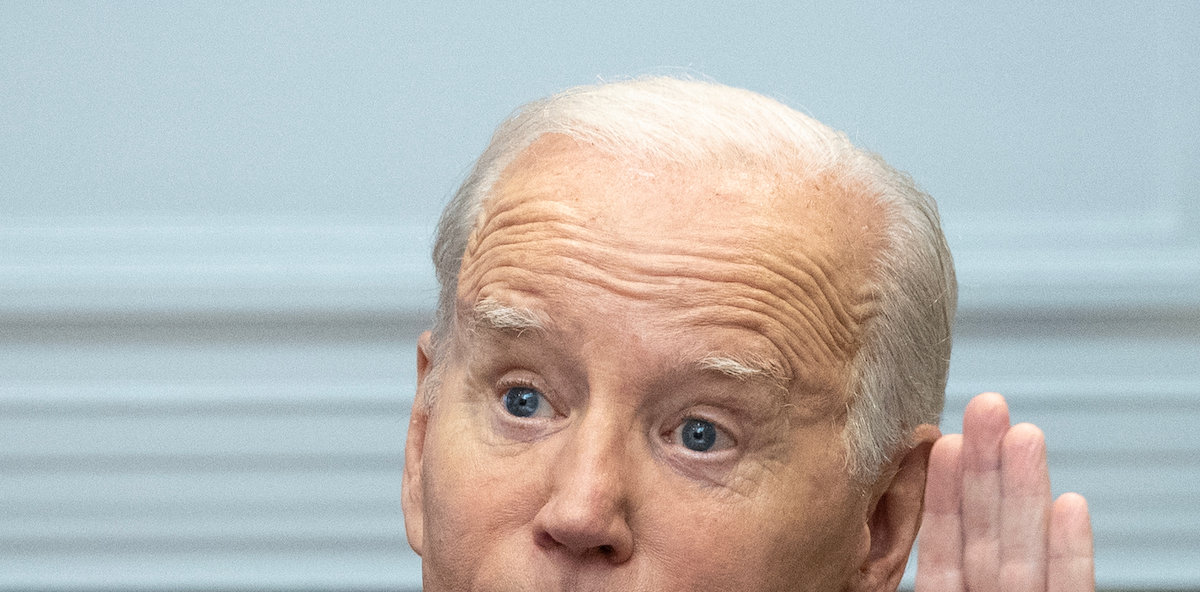The polls are grim these days for incumbent governments. Both President Joe Biden and Prime Minister Justin Trudeau are trailing their challengers, Donald Trump and Pierre Poilievre, particularly when it comes to economic matters.
A new NBC News poll suggested only 36% of Americans approve of Biden’s handling of the economy, compared to 61% who disapprove. Trump held a 5 percentage point lead when it came to voting intentions. Similarly, two in three Canadians believe Trudeau is taking the country in the wrong direction, while Poilievre holds a lead of up to 15 points on voting intentions for an election that could be 18 months out.
Both men have seen the corrosive impact of rising prices on their popularity. Biden's approval ratings are lower than any president since George W. Bush’s second term.
It may be that both leaders have outstayed their welcome. But they may yet be saved by tumbling inflation, an easing of interest rates, and the short memories of voters.
In the US, the second half of 2023 saw prices rising at around 2%, down from a high of 7.7%. That has happened, even as America sees strong job growth, creating double the forecast number of jobs in January at 353,000 new positions. The unemployment rate is just 3.7%.
Biden has already been selling that message. “Experts said that to get inflation under control, we needed to drive up unemployment. We found a better way,” he tweeted.
The Canadian picture is not quite as robust but still healthy. Unemployment is near historic lows at 5.8%, and poverty levels have halved in recent years, thanks to generous income transfer initiatives like child benefit and a national child care program. But, according to RBC Economics, rising interest rates have caused real pain.
Per capita household income rose by 2.8% from the fourth quarter of 2022 to the third quarter of 2023, while debt repayments rose by 6.4% in the same period, it said.
RBC predicts 2024 will remain a tough year, but with central banks looking to pivot to interest rate cuts, the ratio of household debt to income should rise less this year than in 2023. With polls showing that the rising cost of food and fuel are the preoccupation of up to three in four voters, any relief could have an impact on coming election campaigns.
